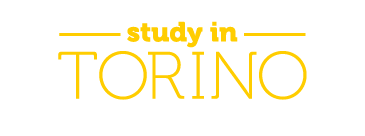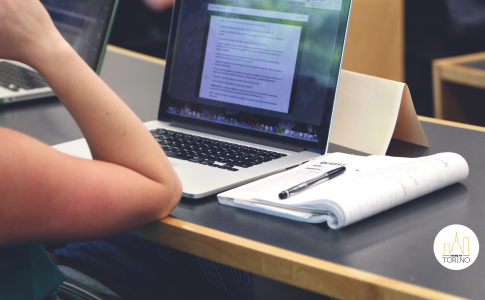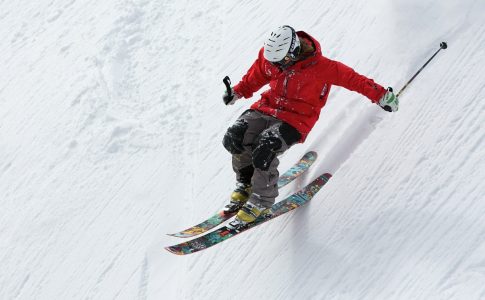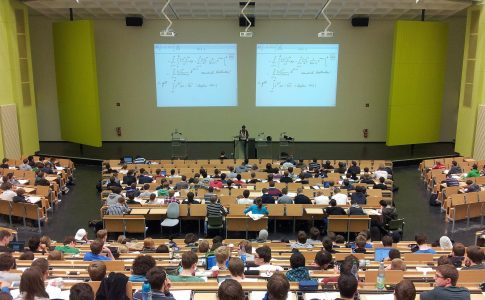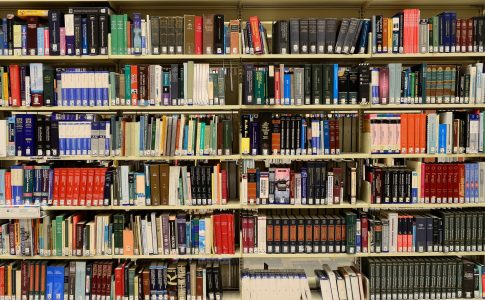Politecnico di Torino, Università di Torino, Università del Piemonte Oientale, Università della Valle d’Aosta – Université de la Vallée d’Aoste and Università di Scienze Gastronomiche di Pollenzo have recently signed an agreement for the reciprocity of library services.
The commitment is to guarantee reciprocal access to library facilities, in accordance with the rules in force in each university. Users will be identified by presenting their university ID card or “smart card”. Thanks to the agreement, therefore, students, teachers and technical staff of each university will be able, free of charge and under a reciprocal regime, to use many of the services offered by all the libraries of the signatory universities: from home loan to
photocopying and printing services from the Internet – in compliance with the regulations in force – to inter-library services, that is the possibility of receiving at one own library volumes and copies of articles or parts of volumes owned by other libraries. Users from all the universities will also be guaranteed access to the bibliographic and documentary heritage of the universities, with the proviso that users will only be able to access electronic resources from the computer workstations available on the premises of the libraries hosting them.
It will also be possible to use the computer workstations and surf the web to carry out bibliographic research and access documentary resources, selected in line with the mission and objectives of study, research and documentation of the libraries.
The universities also undertake to cooperate in organising refresher and training initiatives for staff and in implementing further joint inter-library projects.
In this way, the foundations are laid for the implementation of projects aimed at innovating strategies and practices concerning both digital library services and the promotion of open access to cultural and scientific resources.
Finally, in the medium and long term, the wish of the promoting universities is to collaborate in the construction and enhancement of knowledge through the culture of books – paper and/or digital – in order to contribute to the social, cultural and economic development of the territory, thus favouring the achievement of common objectives in the field of Third Mission.
